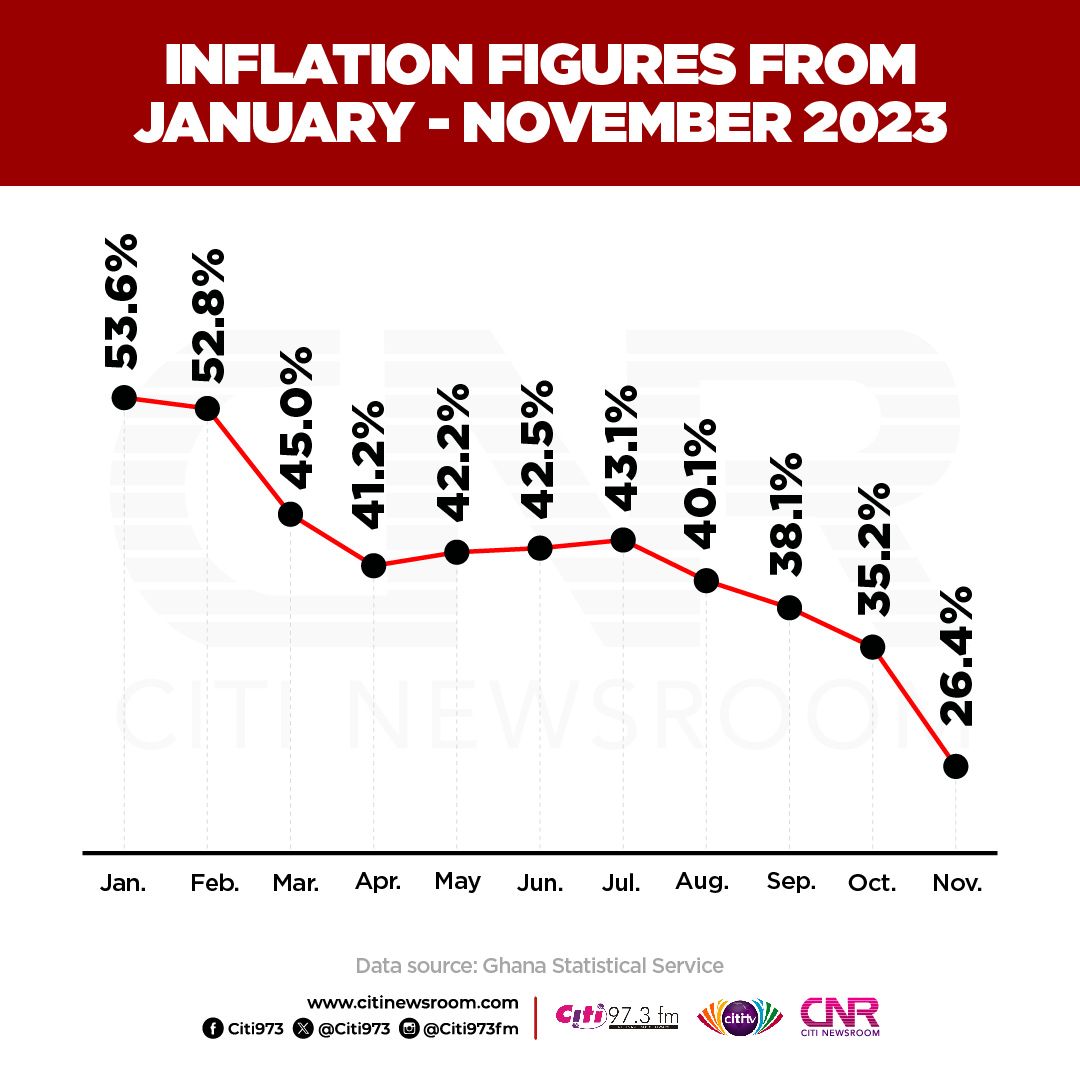
Government’s appetite to borrow few weeks to the general elections continues to attract concerns as some observers caution Ghana’s debt could hit uncontrollable level by next year.
Parliament in this few days has passed a number of loan agreements totaling over 900 million cedis.
Speaking to Citi Business News, Economist Dr. Ebo Turkson stated that the negative impact of excess borrowing was the result of government’s frequent resort to bonds in retiring interests on loans.
According him, Ghana already has a number of debts that must be cleared to reduce the stock.
He pointed out that, interest payment on some of the country’s debts are a challenge for the fiscal stability of the government.
“My concern is how sustainable is this approach of borrowing to meet the payment of our debt, we are now under a situation that we cannot even generate local revenue to service our debt, if that is case then the sustainability of our debts will be a challenge,” he said.
He stated that there must be a more pragmatic approach to solving Ghana’s debt challenges since most of the bonds will mature very soon.
“The sustainability of debts is really something that we should be concerned about giving that in the next 10 to 15 years most of these bonds that we borrow over the last four , five years are going to mature, even the interest rates , we are borrowing to pay the interest rates, I don’t know what we are going to do when we are suppose to pay in full, that is when we are suppose to amortize the loan itself,” he warned.
Recommending some measures, Dr. Turkson maintained that government must direct funds to expand the real sectors of the economy to stimulate aggregate demand to create employment.
“My point is we need to borrow to expand the base of the economy. I think that what this governmenthas not been able o do properly is to extend the economy and rather get more revenue from the expansion,” he said.
–
By: Lawrence Segbefia/citibusinessnews.com/Ghana
Read Full Story






















Facebook
Twitter
Pinterest
Instagram
Google+
YouTube
LinkedIn
RSS